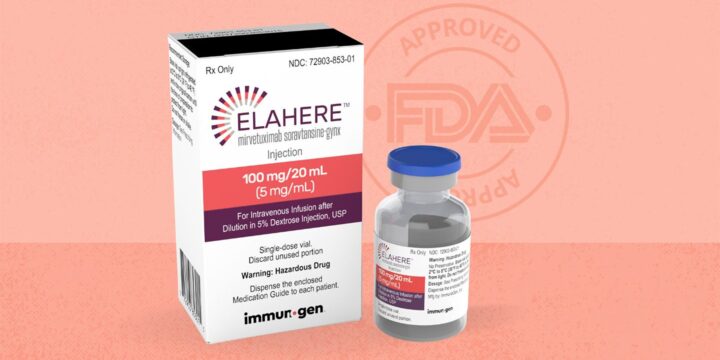
Regular Consumption of Low Levels of Caffeine During Pregnancy Linked to Slightly Shorter Children
Exposure to caffeine in the womb, even low amounts, may lead to shorter height in childhood, suggests a new study from the National Institutes of Health (NIH). Children of women with low caffeine intake (including below the current recommendation of 200 milligrams [mg] per day) during pregnancy were slightly shorter than children born to women who consumed no caffeine while pregnant, and the gaps in height widened to 2 centimeters (cm) between ages 4 and 8 years old. The findings were published October 31 in JAMA Network Open.“Our findings suggest that even low caffeine intake during pregnancy can have long-term effects on child growth,” said the co-lead author, Katherine Grantz, MD, in a press release.It’s important to note that the observed height differences were small — less than an inch —…








